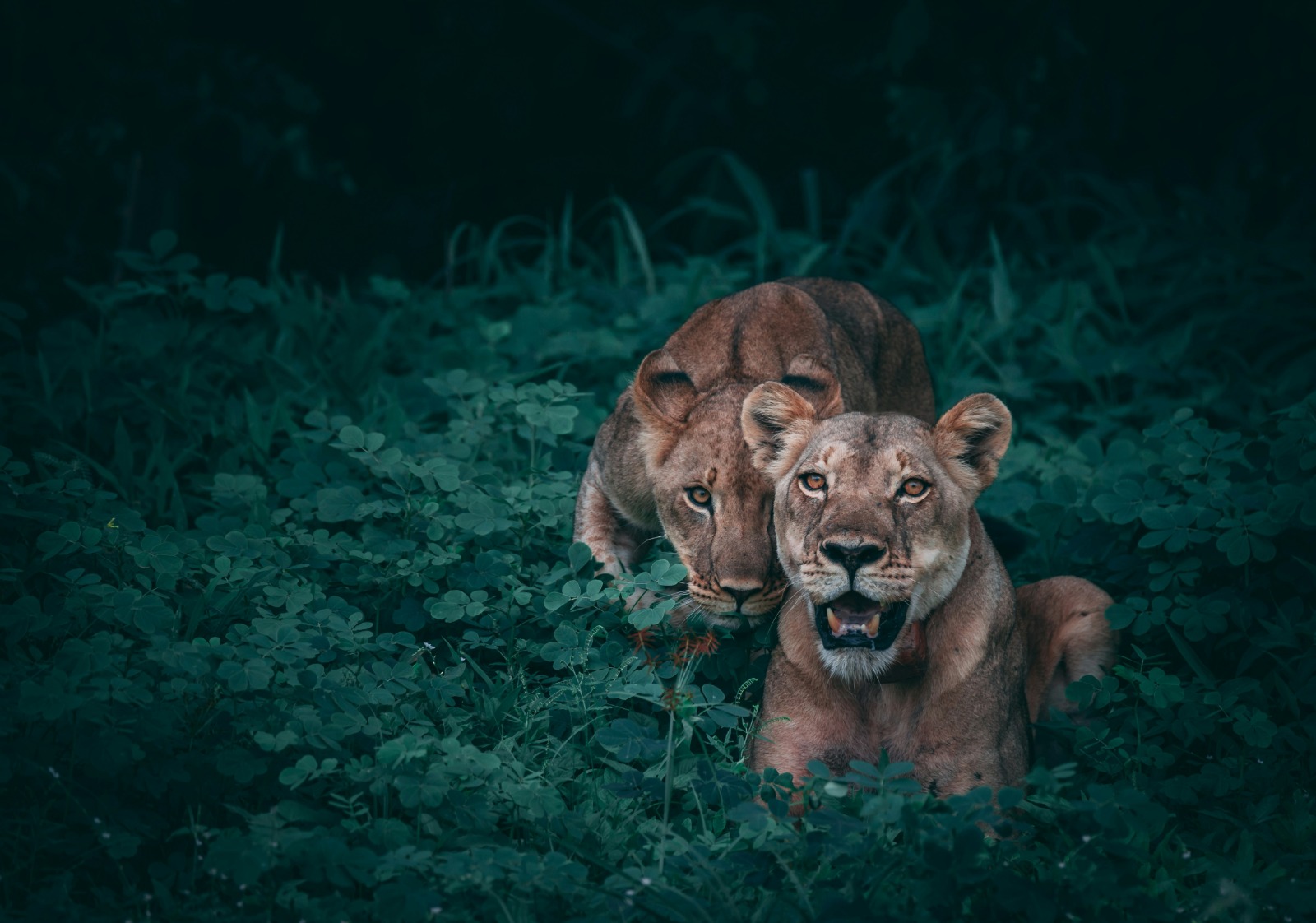
It’s a destination for those who seek more than a tourist trail—those looking to connect with nature, history, and community in a setting that remains untouched by mass tourism. Whether you're a backpacker, a couple on a romantic getaway, or a curious cultural traveler, Tsavo east and tsavo west national parks welcomes you home. come see the big redish african elephant, man-eaters like lion, leopard and chettars. wildlife here is unforgettable.
Have look at one of our packages. Please note that we listen and make a package according to our guests desire. Feel free to reach us on whatsapp +254 711183525.
| Country | Kenya |
| Languages Spoken | English, Swahili |
| Currency Used | KSHs, USD |
| Area | 12,246 km² |
| Time Zone | GMT+3 |